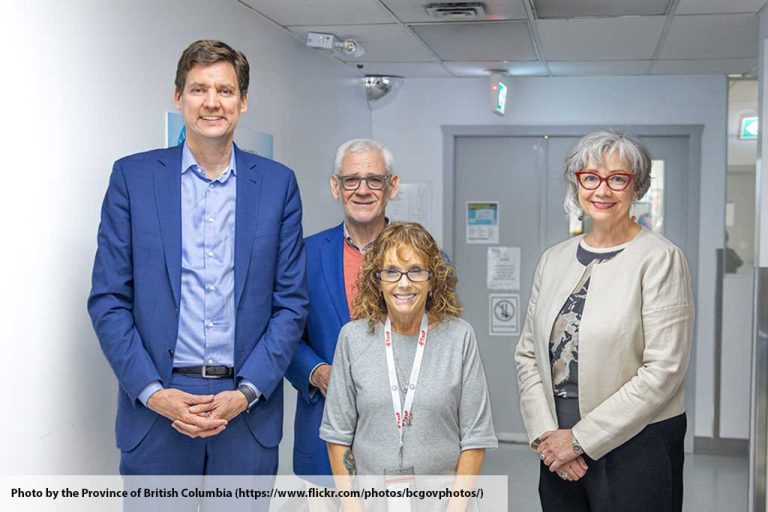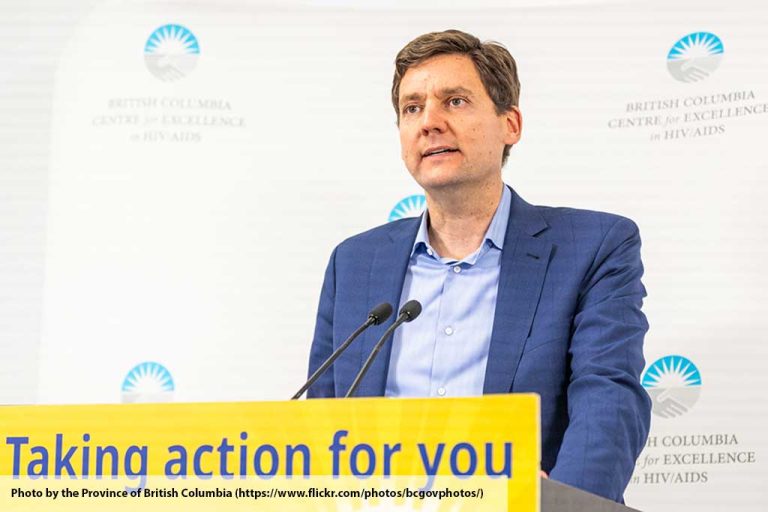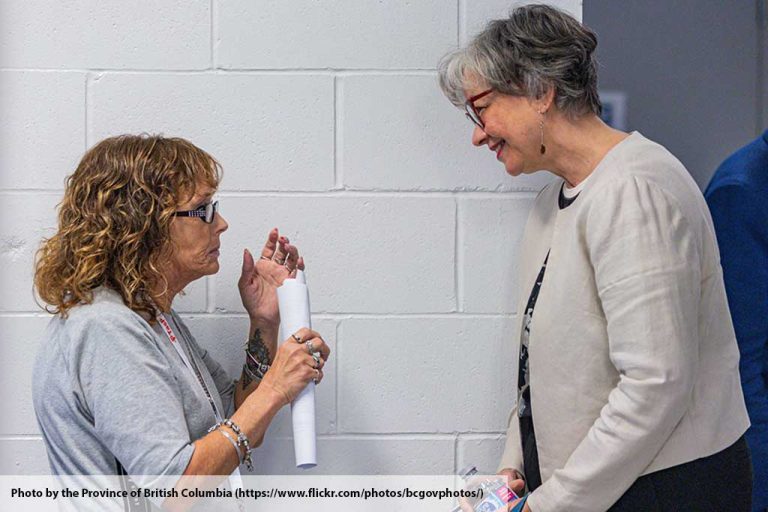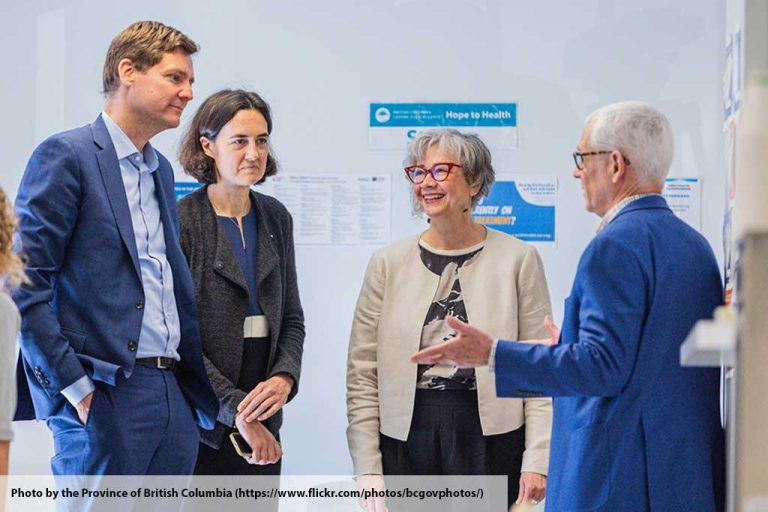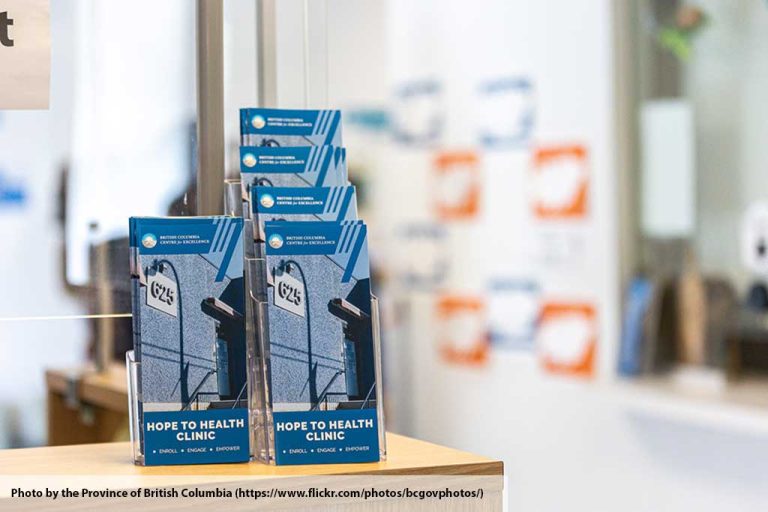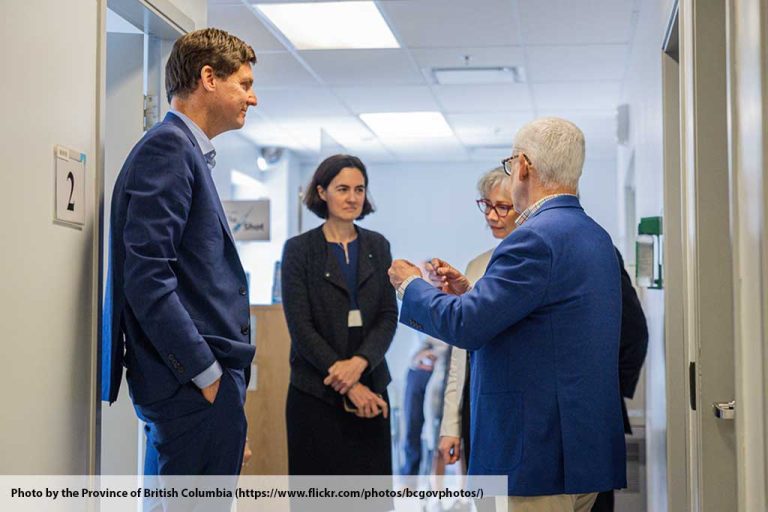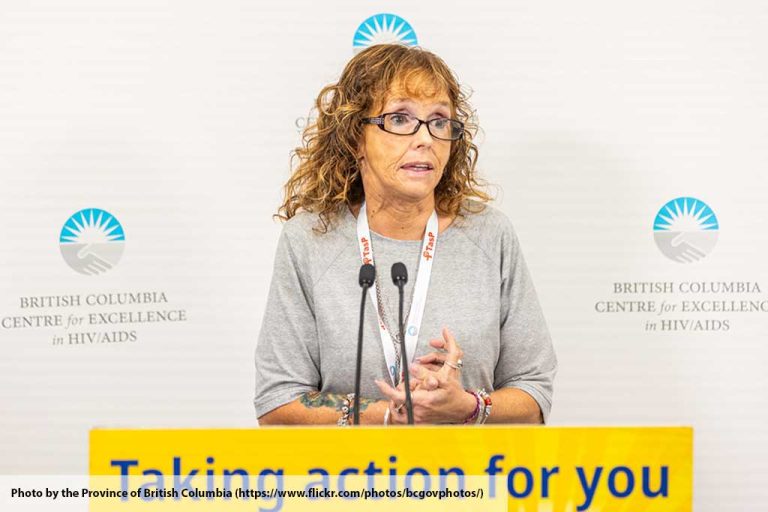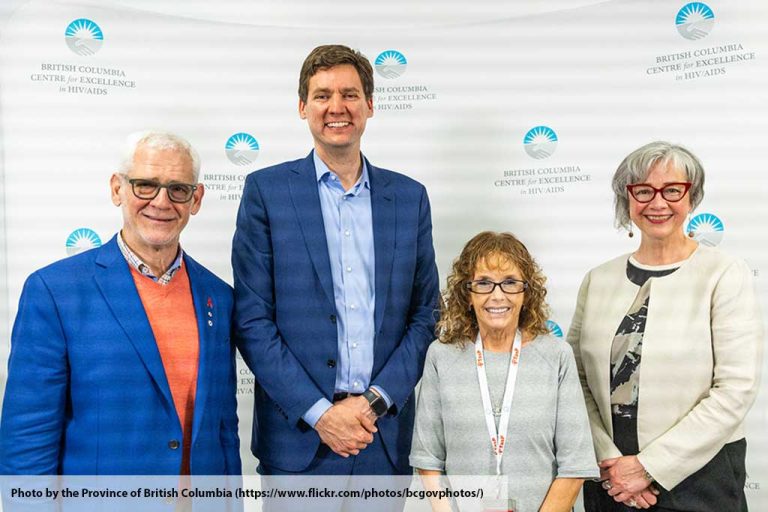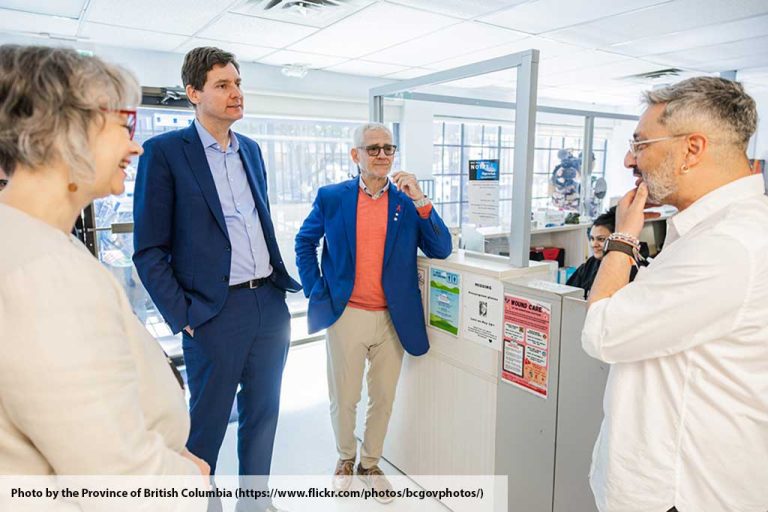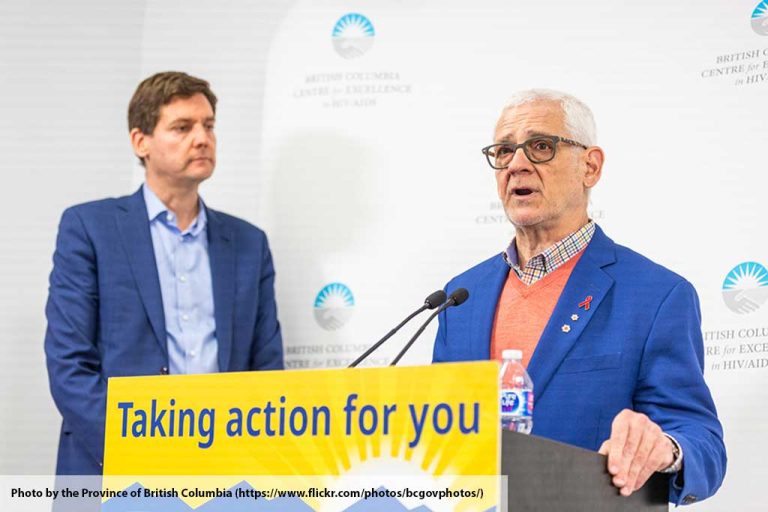VANCOUVER – An expanded Hope to Health clinic will help more people with complex health, mental-health and addiction challenges in Vancouver’s Downtown Eastside (DTES).
“When someone makes the brave decision to ask for help, they need to be met with compassion, support and receive immediate access to treatment,” said Premier David Eby. “The Hope to Health clinic has already made a big difference for so many in Vancouver. Expanding the clinic will help more people living with mental-health and addictions challenges with the goal of providing care to an additional 1,000 patients.”
The Hope to Health clinic incorporates peers and people with lived experience throughout all service pathways to make it easier for people to keep up with their treatment plans and get the social support they need to continue along their pathway to recovery. The clinic is led by Dr. Julio Montaner, a leading expert in HIV research, globally.
On-site services include pharmacy support, direct access to mental-health professionals, addiction treatment programs, including opioid agonist treatment and various therapeutic interventions, such as occupational therapy, physiotherapy and dietary counselling. The clinic also offers crucial diagnostics, such as ECG and blood work services, within a single facility.
“It can be extremely difficult to find a pathway to hope and to healing, especially for vulnerable people who may not have a support system,” said Jennifer Whiteside, Minister of Mental Health and Addictions. “We’re taking action so more people in the Downtown Eastside can receive compassionate care that addresses their needs holistically. Hope to Health provides people with comprehensive, wraparound services, including mental-health support, addiction treatment and preventative care. This helps people stabilize and improve their lives.”
The clinic’s expansion will provide enhanced services for its 1,800 current patients and help reach new patients, delivering better care to an estimated total of 2,800 people over the next year. It will also lay the groundwork for extending this innovative health-care model to help more people in the DTES and other inner-city populations throughout British Columbia. The Province is investing $25 million to support this work.
Treatment as Prevention (TasP) is a made-in-B.C. strategy that helped reduce HIV transmissions around the world. By using the TasP model to address overlapping mental-health and addictions challenges in the DTES, more people with complex mental-health and addiction challenges will feel comfortable seeking treatment services and be better supported to stay on their treatment plan.
“This investment will allow us to continue our work in providing comprehensive care to those with the most complex and challenging health-care concerns,” Montaner said. “Using the TasP model, we can address the overlapping mix of medical and social issues that worsen each other, impacting the overall health of vulnerable populations. The expanded services at Hope to Health ensure that these individuals can access the supports they need all in one place from a team committed to understanding their complex needs.”
Additionally, this approach saves lives by ensuring people with opioid addiction receive consistent treatment, which reduces their risk of toxic-drug poisoning and lessens public drug use, treating addiction as a behaviour that spreads through social contact.
“I provide counsel to people who are walking the same streets and facing the same hurdles I once did,” said Christina Fulton, a peer researcher at Hope to Health who supports clients with research and evaluation related to their experience. “Hope to Health is a one-stop shop that provides the low-barrier, wraparound services that people who use substances need for their treatment and care. I am so grateful for the opportunity to help gain our clients’ trust and connect them to the health services they require.”
The expansion of Hope to Health is one part of the Province’s work to improve access to the full spectrum of treatment and recovery supports that meet the diverse needs of everyone in B.C., so more people can get the care they need, when and where they need it.
Quotes:
With the success of the B.C. made TasP approach led by Dr. Julio Montaner and his team at the BC-CfE helping reduce the transmission of HIV around the world, the Hope to Health clinic, which is modelled after the innovative approach of TasP, will not only address the immediate primary care needs of our most vulnerable populations who have complex care needs, but will also significantly improve their health outcomes. This expansion is a critical step towards a healthier future for our community.
– Adrian Dix, Minister of Heath
Supporting the Hope to Health clinic is a significant step for our community, enhancing our ability to meet both immediate and long-term health needs. It’s a proactive move toward a stronger, healthier future for all residents of the Downtown Eastside.
– Joan Phillip Quote, MLA for Vancouver-Mount Pleasant
Learn More:
- For more information on the Hope to Health model and its impact, please visit: https://bccfe.ca/files/news/bccfe-factSheet_2024_web.pdf
- For more information on the Hope to Health clinic, please visit: https://www.bccfe.ca/hope-health-research-innovation-centre/about
- Learn about mental-health and substance-use supports in B.C.: https://helpstartshere.gov.bc.ca/
Contact:
Jimmy Smith
Deputy Communications Director
Office of the Premier
Jimmy.Smith@gov.bc.ca
Ministry of Mental Health and Addictions:
Media relations
250 896-5183
